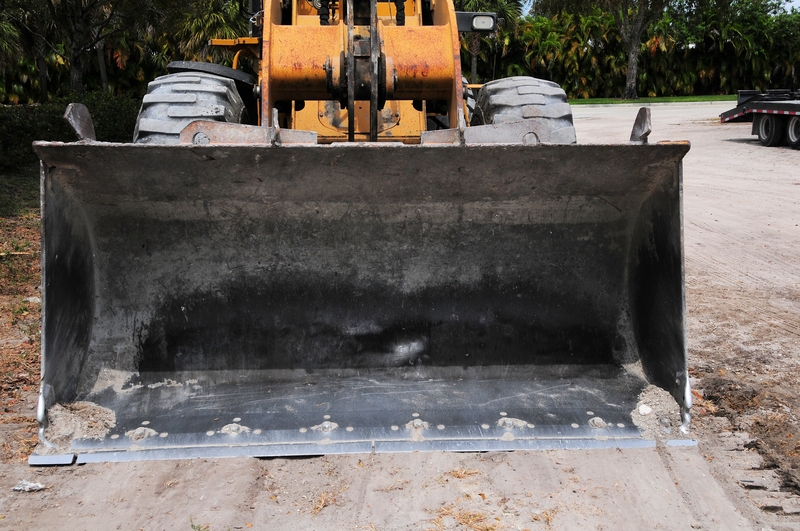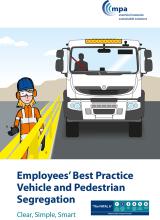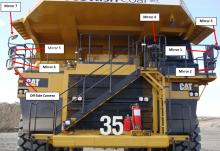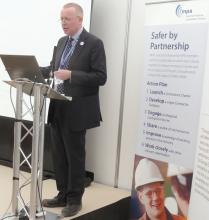
The safety regulator says the notice follows nine fatal vehicle-pedestrian collisions in the past four years. Six of these occurred in the waste and recycling sector, and the remainder involved moving wood chip.
HSE has identified issues of poor visibility caused by the bucket and load, the engine at the rear and the cab pillars, significantly reducing the drivers’ ability to see pedestrians and, to a lesser extent, other vehicles. The use of larger capacity buckets, which has become common practice where low-density material is being moved, makes forward visibility significantly worse.
Regulation 4 of The Provision and Use of Work Equipment Regulations 1998 (PUWER) requires machinery to be suitable for the purpose for which it is used. This also applies if the equipment is adapted, for example by fitting a larger bucket.
Manufacturers and other specialist suppliers have attempted to address the problem by adding ‘visibility slots’ or mesh at the top of buckets, but evidence from investigations suggests these are ineffective when the bucket is in the carry position or obscured by the load. Camera systems have been under development for some time, but HSE says their effectiveness remains unproven and are not widely available.
Tim Small, head of HSE’s waste and recycling team, HM principal inspector of health and safety, commented: “Poorly planned use of wheeled loading shovels can have fatal consequences. This safety notice reminds duty holders who use these machines of the need to fully assess and actively manage the risk of vehicle-pedestrian collisions. Currently, the only effective control measure is strict segregation of vehicles and pedestrians. If you cannot ensure that segregation, you should not use larger capacity buckets or wheeled loaders, but employ alternative work methods such as using different machinery and/or site management arrangements."
He added that, before using wheeled loaders – or making changes to them – operators should review their workplace transport risk assessments to ensure they will be safe to use in their environment and in the way they intend to use them.
"By implementing appropriate risk controls, needless pedestrian deaths could be avoided,” said Small.









